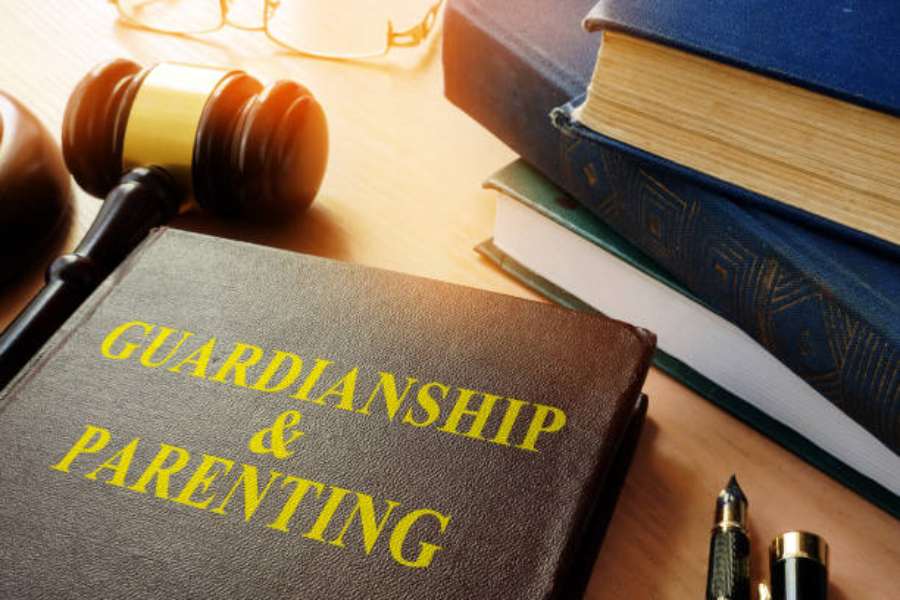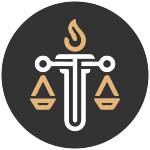
Does power of attorney override guardianship? For many families, this question surfaces during some of life’s most challenging moments—when medical, financial, or care decisions must be made for a loved one. While both arrangements grant authority to act on someone else’s behalf, they operate under very different rules and circumstances.
A power of attorney (POA) is voluntary, created when an individual names a trusted person to handle specific matters. Guardianship, by contrast, is imposed by a court when a person is no longer capable of managing their own affairs. Because guardianship carries judicial oversight, it often takes priority, though outcomes vary by case. This article breaks down the differences, explains how courts weigh conflicts, and offers guidance for families navigating these overlapping powers.
Does Power of Attorney Override Guardianship?
No, a Power of attorney does not automatically control guardianship. Courts usually prioritize guardianship, but outcomes hinge on state law, the validity of the POA, and the individual’s best interests.
How Courts Decide Between Power of Attorney and Guardianship?
Determining whether power of attorney or guardianship controls a situation is rarely simple. Courts carefully examine timing, documentation, and the individual’s best interests to decide which authority should prevail. The guiding principle is always protection of the vulnerable person.
Judicial Preference for Guardianship
Courts usually give more weight to guardianship because it includes built-in oversight. Guardians must answer to the court, which provides accountability and ensures decisions remain in line with the person’s welfare.
When a Valid POA Is Honored
A properly signed power of attorney executed before incapacity can carry significant influence. Judges may uphold it as a clear expression of intent, provided it meets state requirements. Legal professionals such as Pedro Vaz Paulo Business Consultant often stress the importance of executing POAs early to avoid disputes later.
Conflicts Between Guardian and Agent
If a guardian and POA agent clash, courts may revoke or restrict one party’s authority to prevent confusion or abuse.
State-Specific Variations
Each jurisdiction applies different rules. Some limit guardians from overriding a POA, while others give broad authority, making knowledge of state law essential.
Differences Between Guardianship and Power of Attorney
Guardianship and power of attorney both provide legal authority for another person to step in, but they operate under very different rules and frameworks. These differences play a critical role in determining who controls decisions about money, medical care, and daily life.
Origin of Authority – Guardianship comes from a judge’s appointment after finding someone incapacitated, while a power of attorney (POA) is created voluntarily in advance.
Oversight – Guardians must report to the court and are monitored for accountability. POA agents, by contrast, act more independently with minimal oversight.
Revocability – A competent individual can revoke or change a POA, but guardianship cannot be ended without court involvement.
Scope of Power – Guardians often receive broad powers, from finances to living arrangements. POA authority depends entirely on what the document specifies.
Conflict Resolution – If both exist, courts resolve disputes, prioritizing protection of the vulnerable individual over competing claims of authority.
Real-World Situations Where Authority Is Tested
Disputes between guardianship and power of attorney frequently land in court, and the results depend heavily on the documents involved and the individual’s protection needs.
In one notable case, an elderly parent signed a financial POA naming a trusted child. Later, accusations of mismanagement arose from another family member, who petitioned for guardianship. After reviewing evidence, the court revoked the POA and installed a guardian, citing the necessity of court supervision to protect assets and provide accountability.
A different scenario involved a durable medical POA. Even when relatives pursued guardianship, the judge upheld the POA because it had been validly executed and reflected the person’s clear wishes regarding healthcare choices.
These examples highlight that no single rule answers the question of whether power of attorney overrides guardianship. Courts carefully balance statutes with real-life circumstances, but the consistent theme is prioritizing the safety, dignity, and best interests of the vulnerable individual above formal authority.
Does Power of Attorney Override Guardianship in Practice?
When both guardianship and power of attorney exist, overlaps often create confusion. Banks may hesitate to honor financial transactions, hospitals may delay medical decisions, and families can clash over who has final authority. These conflicts highlight the risks of dual powers operating at the same time.
Courts intervene to bring clarity. Judges focus on the incapacitated person’s best interests, ensuring decisions are not driven by financial gain, family pressure, or convenience. Oversight from the court helps prevent misuse of authority and ensures accountability in sensitive situations.
In day-to-day practice, guardianship typically prevails because it is court-ordered and supervised. However, if a power of attorney was validly executed and reflects the individual’s wishes, judges may allow it to stand. The outcome depends on context, but the guiding principle remains protection of the vulnerable person’s welfare above all.
Advantages and Disadvantages of Each Option
When families face tough choices about decision-making, both power of attorney and guardianship come with clear benefits and drawbacks. Understanding each option helps weigh flexibility, oversight, and long-term protection.
- Power of Attorney Advantages
-
-
- Quick and inexpensive to set up.
- Respects the individual’s choice of decision-maker.
-
- Flexible for financial, medical, or personal matters.
- Power of Attorney Disadvantages
-
-
- Limited court oversight, increasing risk of abuse.
- Misuse of financial or medical powers is possible.
-
- Effectiveness may be challenged during incapacity disputes.
- Guardianship Advantages
-
-
- Court supervision provides accountability.
- Requires reporting and judicial approval for major decisions.
-
- Stronger legal authority when incapacity is proven.
- Guardianship Disadvantages
-
-
- Costly and time-consuming due to hearings and legal fees.
- Can override prior wishes expressed in a valid POA.
-
- May feel intrusive for families.
- Blended Approach
-
- Courts may honor a valid POA while appointing a guardian.
- Provides oversight while respecting personal choice.
Preparing Families for Custody of Decisions
Families can prevent confusion and reduce the chance of costly disputes by preparing in advance for questions of authority. Early planning creates clarity, helps avoid emotional conflicts, and ensures a smoother legal process if guardianship or power of attorney becomes necessary.
Draft Documents Early – Establishing a power of attorney while the person is still fully competent records their preferences in a binding way, making them less vulnerable to future challenges.
Seek Legal Guidance – Working with an attorney skilled in elder law or estate planning ensures documents comply with state rules and anticipate potential conflicts.
Anticipate Conflicts – Family members may disagree about who should take charge. Using mediation or written agreements can ease tensions before disagreements escalate to court involvement.
Respect the Individual’s Wishes – Courts emphasize documented intent. Clearly outlining the person’s choices strengthens respect for autonomy and helps ensure those preferences remain central, even if guardianship proceedings follow.
For clearer documentation, consider using a Fonts Generator to create visually appealing text for your power of attorney documents, making it easier to organize and present important information effectively.
Conclusion
So, does power of attorney override guardianship? In most cases, guardianship has stronger legal weight, since it’s court-ordered and monitored. However, a properly executed POA made before incapacity can influence outcomes, especially when it clearly reflects the individual’s intent. Families should remember that the “best interests” principle drives every decision. The safest path is to prepare documents early, involve trusted advisors, and understand how state laws treat conflicts between POA and guardianship. Ultimately, guardianship and power of attorney are not enemies—they are legal tools designed to safeguard vulnerable individuals when decisions must be made.
FAQ’s
Does a court-appointed guardian outrank a power of attorney?
Yes. Guardianship typically carries more weight than a POA, but judges may still respect a valid document created before incapacity.
Can both power of attorney and guardianship exist at once?
Yes, they can. However, overlapping authority often causes disputes, and courts usually intervene to clarify which powers remain in effect.
Does a durable power of attorney survive guardianship?
Not always. Courts may revoke or restrict it if guardianship is necessary, though some valid POAs can remain partially effective.
Why might a judge honor a power of attorney?
If executed properly before incapacity, a POA reflects the individual’s intent, and judges may allow it to guide decisions.
How can families avoid disputes between POA and guardianship?
By preparing legal documents early, seeking professional guidance, and using mediation to resolve disagreements before they escalate in court.
